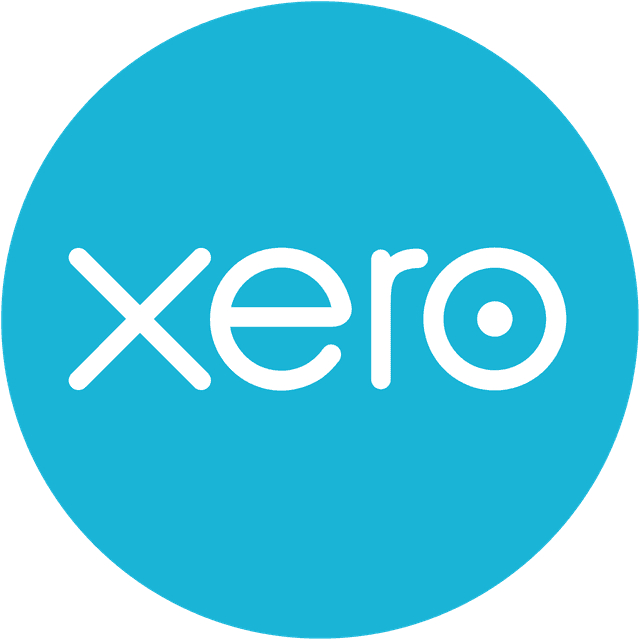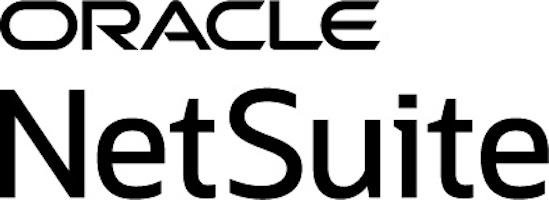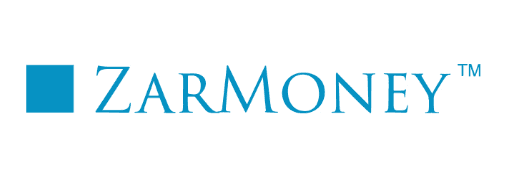The key features you should look for in the best accounting software for multiple businesses are mostly the same as those for single-business accounting. These features include the below.
Bank Feed and Reconciliation
Your accounting software should give you access to a full record of all money moving in and out of your business bank accounts. It should also reconcile each transaction with an expense, invoice, bill or another document indicating a transaction.
Bill Pay
Great accounting software allows you to pay vendor bills directly from the platform or, at the very least, record payments. Managing multiple businesses may be especially easy with software through which you can quickly pay bills in bulk across vendors.
Dashboard
When you log in to your accounting software, you should see your key financial data in visualizations that are easy to understand. You should also have no trouble customizing your dashboard to suit your exact needs.
Expense Management
The best accounting software for multiple businesses automatically captures key spending data from receipts you snap photos of via the platform’s mobile app. It then stores, tags and categorizes this data as expenses and reconciles them with your bank transactions.
Another expense management must-have is GPS mileage tracking within the platform’s mobile app. This feature converts distances driven for business purposes into reimbursable or billable mileage expenses.
Financial Reports
Especially for multibusiness users, accounting software must excel at generating both basic and advanced financial reports. This way, you can quickly see financial snapshots of all your companies and lay the groundwork for business decisions that improve your bottom line.
Inventory Management
With some accounting software platforms, you can create purchase orders and track your stock. Additionally, with a small number of platforms, you get highly advanced inventory management features such as multisite stock management and two-step warehouse transfer. These advanced features are ideal for multibusiness accounting, but you’ll still fare plenty well with standard accounting software inventory tools.
Invoices, Estimates and Quotes
The ability to create invoices, then send and track them, is among the most important accounting software features. Many platforms also include tools for reminding clients to pay their invoices and adding late fees for overdue invoices.
Additionally, with most accounting software platforms, you can convert client-approved estimates or quotes into invoices in just a few clicks. In many cases, you can also set recurring invoices to generate and send automatically while including payment links directly in your invoices.
Mobile App
Most of the best accounting software platforms for multiple businesses offer robust mobile apps for dedicated on-the-go usage. This feature is among the most important to look for since, as someone who owns multiple businesses, you’re likely on the move pretty often. Accounting software mobile apps keep you connected to, and in control of, all your companies’ accounting while you’re in transit or working remotely.
Multicurrency support
Often, someone who owns multiple businesses operates a core domestic business alongside separate subsidiaries in other countries. That’s why you stand to benefit greatly from accounting software that you can use in more currencies than just U.S. dollars. Look for platforms with dozens of available currencies, particularly those of the territories in which your businesses operate.
Third-Party Integrations
The more businesses you run, the busier and more disorganized your work can get. Accounting software platforms’ integrations with third-party platforms largely solve this problem. Connect your accounting software with your payroll service, POS system, and other technology to sync your information across these platforms. You’ll unify and organize your information while saving invaluable time on manual data entry.
Time Tracking and Billable Hours
Some accounting software platforms include tools for tracking the time your team spends on billable and non-billable work. This way, you can compare your team’s input to your revenue and add billable hours to your client invoices.
Sales Tax
If you own multiple restaurants or retail businesses, sales tax accounting software features are paramount. Through these features, you can record the sales tax you charge on top of the items you sell. You’ll likely still need to manually remit these taxes to city and state authorities, but merely recording them can be a major help. In fact, nearly all the best accounting software platforms for restaurants emphasize sales tax management.










